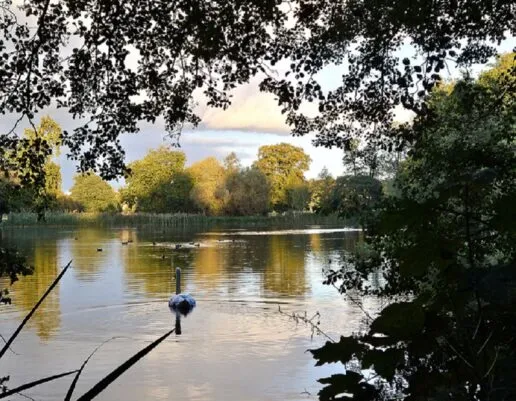Details
Seminar followed by Q&A and drinks – all welcome
Speaker: Robert Fish, Chair in Environmental Sustainability, Imperial College London
Abstract: Environmental decision-making often grapples with the tension between generalized sustainability goals and the culturally specific ways communities relate to nature. Relational values have been promoted as a way of navigating this tension. In this seminar, I argue that the primary contribution of a relational values perspective is the way it has swapped a rather tired debate about the intrinsic-instrumental value of nature, with a more lively debate about nature’s substitutability. Using the example of development pressure in the UK, I explore where a relational focus takes us politically, and how it might help broker new approaches to decision making of relevance to questions of nature recovery.
A social scientist and human geographer by training, Robert Fish explores the social and cultural dimensions of natural resource management, with a particular focus on rural and agricultural environments. His work is distinguished by participatory, collaborative approaches and active engagement in policy processes. He has played a leading role in shaping interdisciplinary approaches to valuing nature within environmental policy, co-leading UKRI’s Valuing Nature programme. His recent graphic textbook, Valuing Nature: The Roots of Transformation, was awarded the Taylor & Francis Outstanding STEM Book of 2021. He is also the founding lead editor of the British Ecological Society journal People and Nature.
The Leverhulme Centre for Nature Recovery and Biodiversity Network are interested in promoting a wide variety of views and opinions on nature recovery from researchers and practitioners.
The views, opinions and positions expressed within this lecture are those of the author alone, they do not purport to reflect the opinions or views of the Leverhulme Centre for Nature Recovery/Biodiversity Network, or its researchers.
